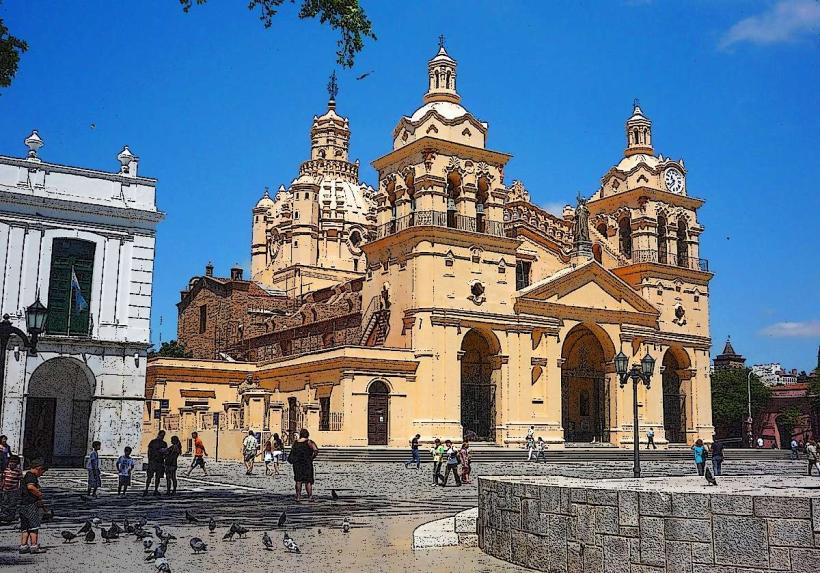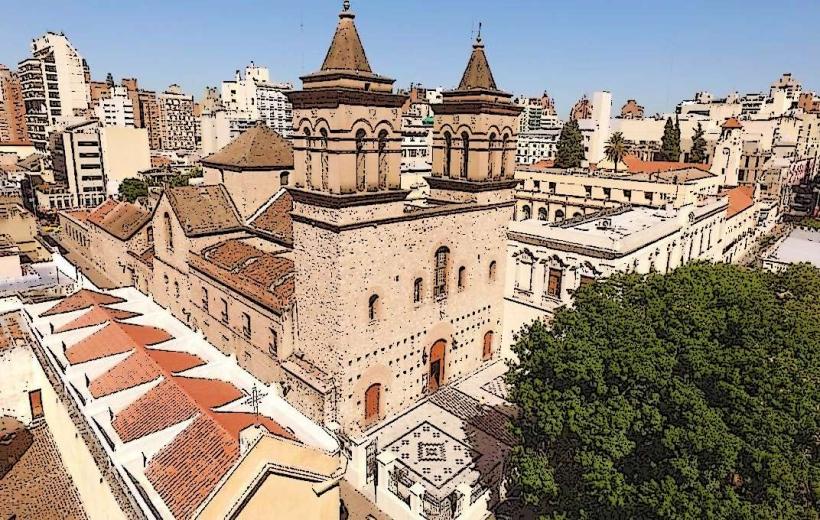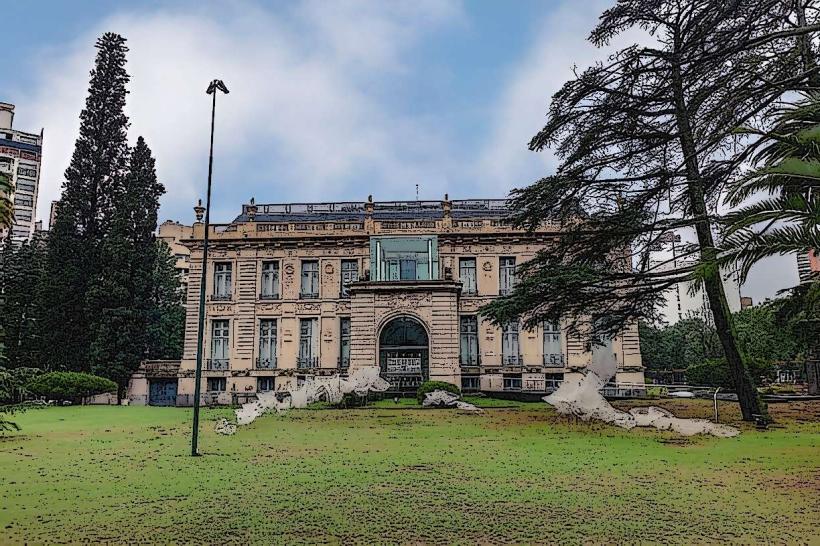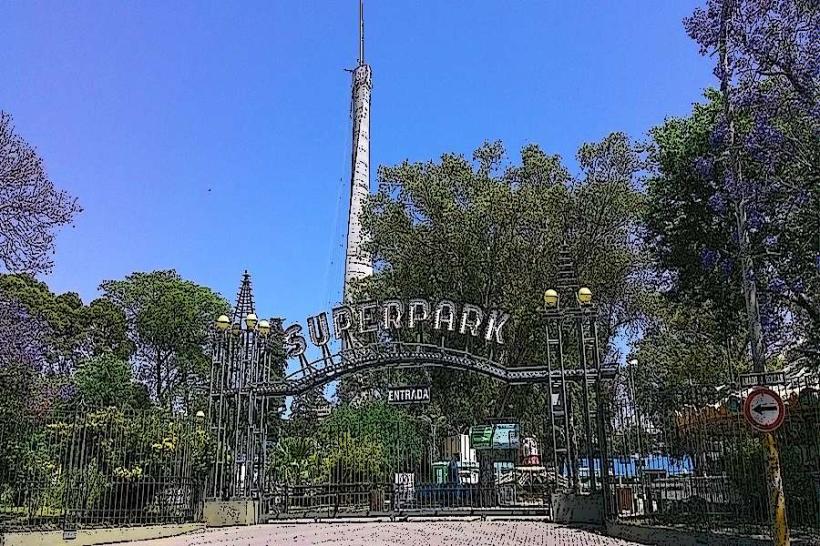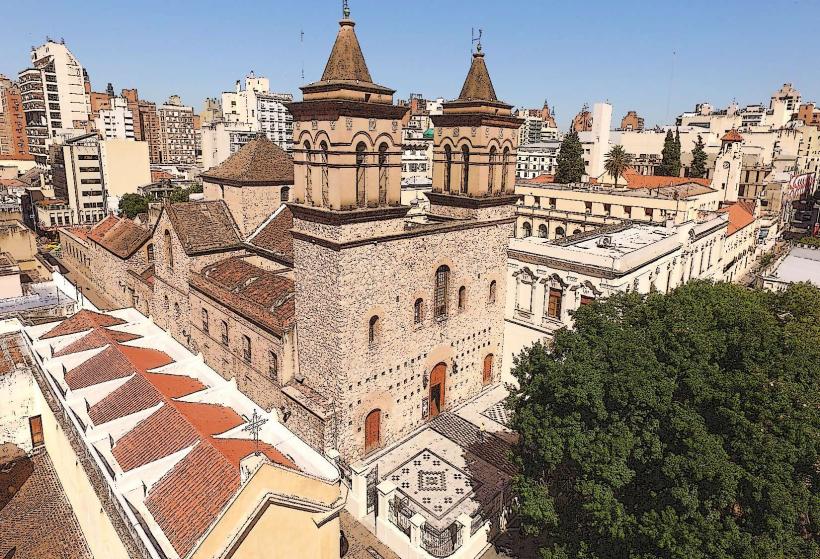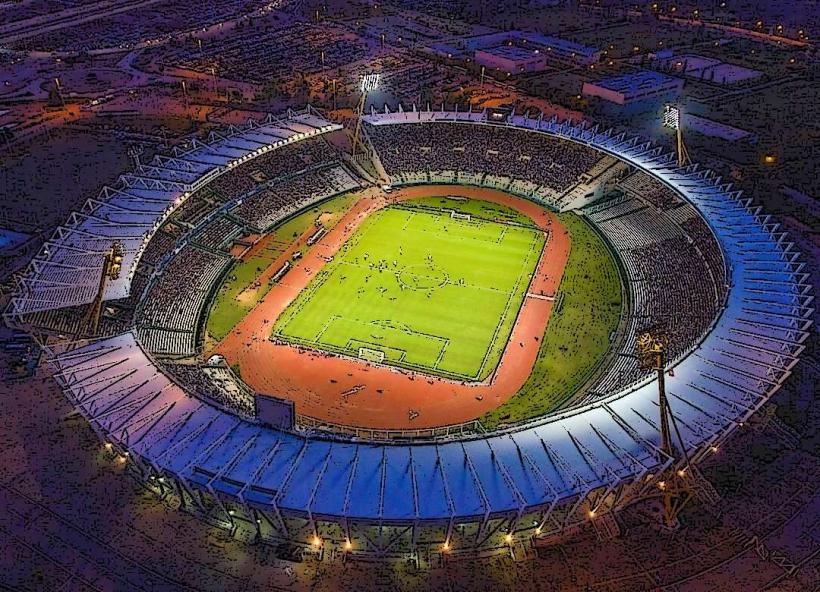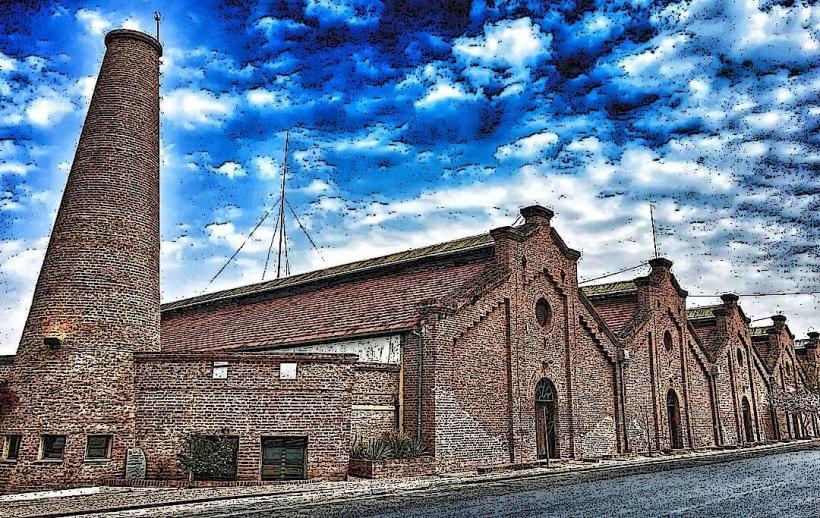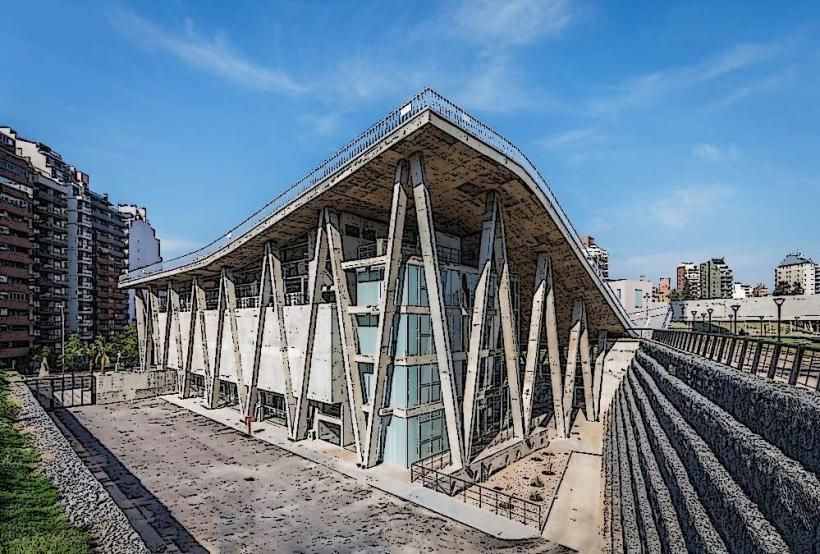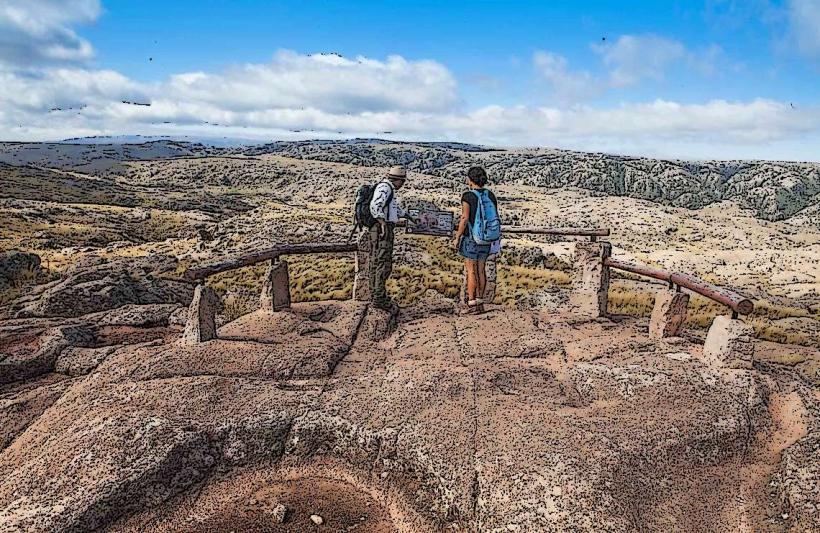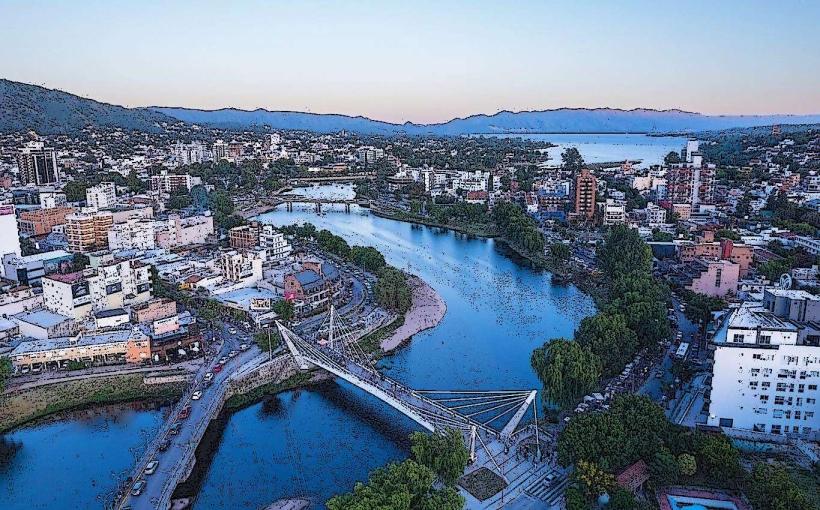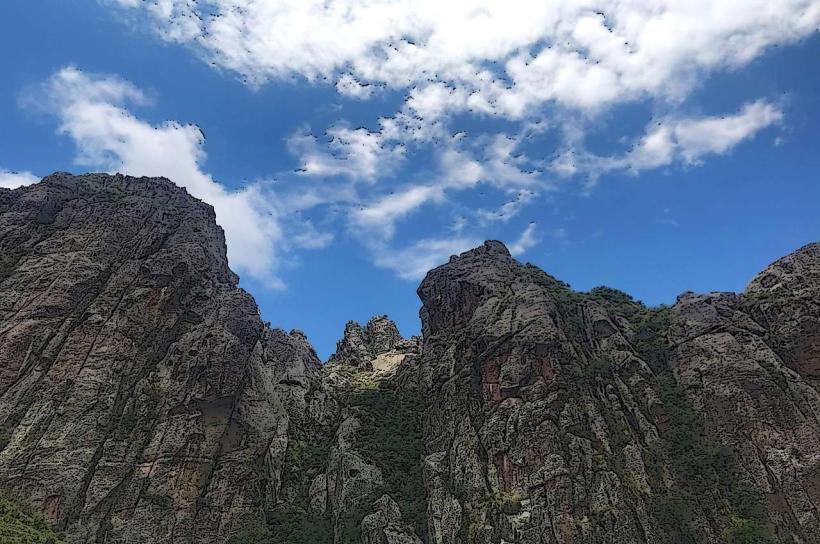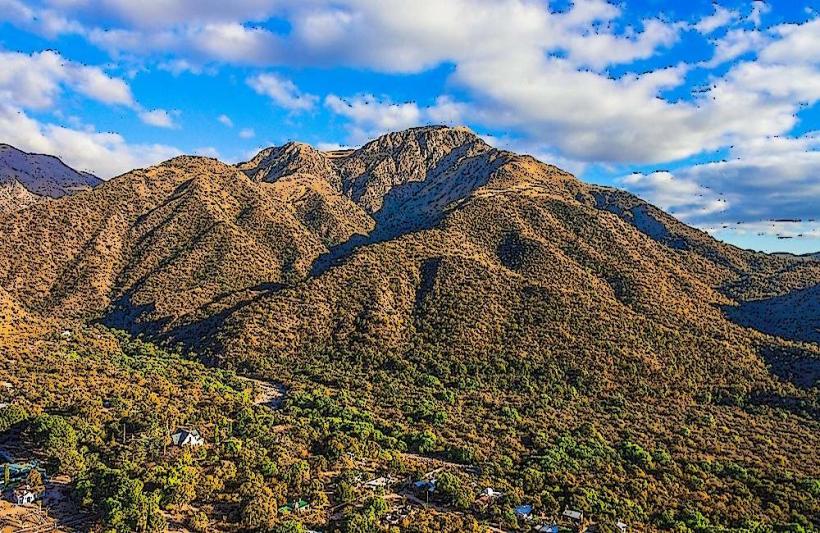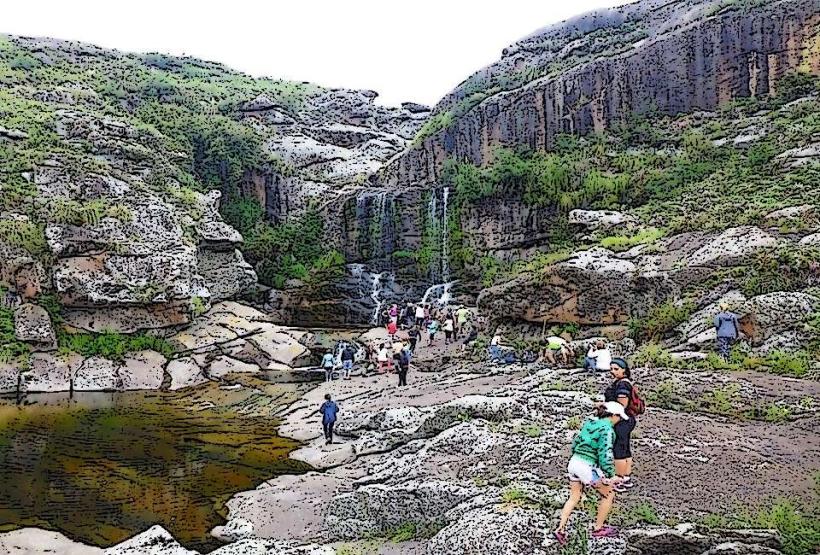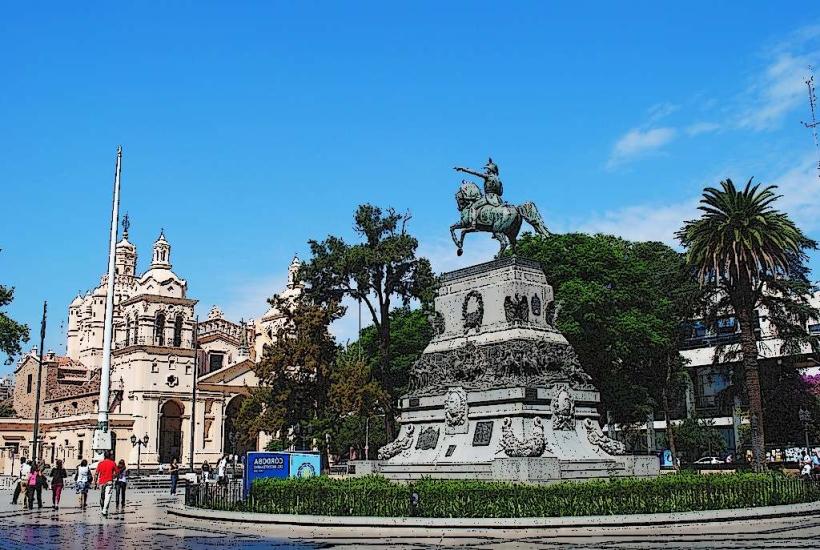Information
City: Cordoba CityCountry: Argentina
Continent: South America
Cordoba City, Argentina, South America
Córdoba serves as the "Docta" (The Learned) and is the second-largest city in Argentina. Located in the center of the country at the foothills of the Sierras Chicas, it functions as a primary educational, industrial, and agricultural hub.
Historical Timeline
Founded in 1573 by Jerónimo Luis de Cabrera, the city became a center for the Jesuit Order in South America. The Jesuits founded the National University of Córdoba in 1613, the first in Argentina and one of the oldest in the Americas. The city was a focal point of the 1918 University Reform and the 1969 "Cordobazo" (a massive civil uprising), events that significantly shaped modern Argentine politics and social movements.
Demographics & Population
The metropolitan population is approximately 1.6 million. The city is characterized by its massive student population, with over 200,000 university students residing there. Residents, known as Cordobeses, are famous for their unique "tonada" (sing-song accent) and a distinct sense of humor.
Urban Layout & Key Districts
The city is divided by the Suquía River and the La Cañada stream.
Nueva Córdoba: The high-density student district, filled with modern apartments, bars, and shopping malls.
Güemes: The bohemian and design hub, home to the "Paseo de las Artes" flea market and "gallery" style bars.
Centro: The historic and commercial core containing the Jesuit Block.
General Paz: A rapidly developing gastronomic district.
Cerro de las Rosas: An upscale residential and commercial area in the northern part of the city.
Top City Landmarks
The Jesuit Block (Manzana Jesuítica): A UNESCO World Heritage site including the University, the Monserrat School, and the Church of the Society of Jesus.
La Cañada: The iconic marble-and-stone canal that runs through the heart of the city.
Evita Fine Arts Museum (Palacio Ferreyra): A French-style mansion housing significant art collections.
The Cathedral of Córdoba: Located in Plaza San Martín, it is one of the finest colonial buildings in the country.
Paseo del Buen Pastor: A former women's prison converted into a cultural and commercial complex with dancing fountains.
Transportation Network
Bus (Colectivos): The primary mode of transport; requires a Red Bus card (different from the Buenos Aires SUBE).
Ferrourbano: A local train service connecting some neighborhoods to the city center.
Trolleybuses: Primarily driven by women, these are a traditional and ecological part of the transport system.
Ride-sharing: Uber and Cabify are active, though local taxis and "Remises" remain heavily used.
Air: Ingeniero Aeronáutico Ambrosio L.V. Taravella International Airport (COR) is the most important domestic and regional hub after Buenos Aires.
Safety & "Red Zones"
Safety Profile: Generally safer than Rosario or parts of Buenos Aires, but street theft is common in the center.
Red Zones: Avoid areas like Observatorio, San Vicente, or the eastern outskirts after dark.
Precautions: Be cautious of "arrebatos" (snatching) in Nueva Córdoba and around the bus terminal.
Digital & Financial Infrastructure
Average internet speed is 90 Mbps. 5G is being deployed in Nueva Córdoba and the North Zone. Like the rest of Argentina, the "Blue Dollar" market is prevalent. Digital payments via Mercado Pago are universal, even in small kiosks.
Climate & Air Quality
Moderate pampean climate. Temperatures range from 4°C to 18°C in winter and 19°C to 32°C in summer. The region is prone to severe thunderstorms in summer and drought/forest fires in the surrounding Sierras during winter. Air quality is generally good but can be dusty.
Culture & Social Norms
The city is the birthplace of Cuarteto music. Tipping is a 10% service charge. A unique social norm is the consumption of Fernet with Coca-Cola, which is considered the "national drink" of the province. The city also has a strong "café" culture centered around university life.
Accommodation Zones
Nueva Córdoba: Recommended for proximity to nightlife and landmarks.
Cerro de las Rosas: Recommended for a quieter, more upscale experience.
Local Cost Index
1 Espresso: 2,200 ARS ($2.20 approx.)
1 Standard Lunch (Minuta): 12,000 ARS ($12.00)
1 Bus Fare: 940 ARS ($0.94)
Nearby Day Trips
Villa Carlos Paz: A major lakeside resort town (35 km).
Alta Gracia: Home to a Jesuit Estancia and the Che Guevara Museum (36 km).
Villa General Belgrano: A German-style alpine village (85 km).
La Cumbrecita: A pedestrian-only mountain village (120 km).
Facts & Legends
A prominent legend involves "La Pelada de la Cañada," a ghost of a weeping woman said to haunt the stone canal. A verified historical oddity is that the Monserrat School has operated continuously since 1687. Another fact: Córdoba produces nearly 30% of the world's Fernet consumption, a higher per-capita rate than anywhere in Italy.

